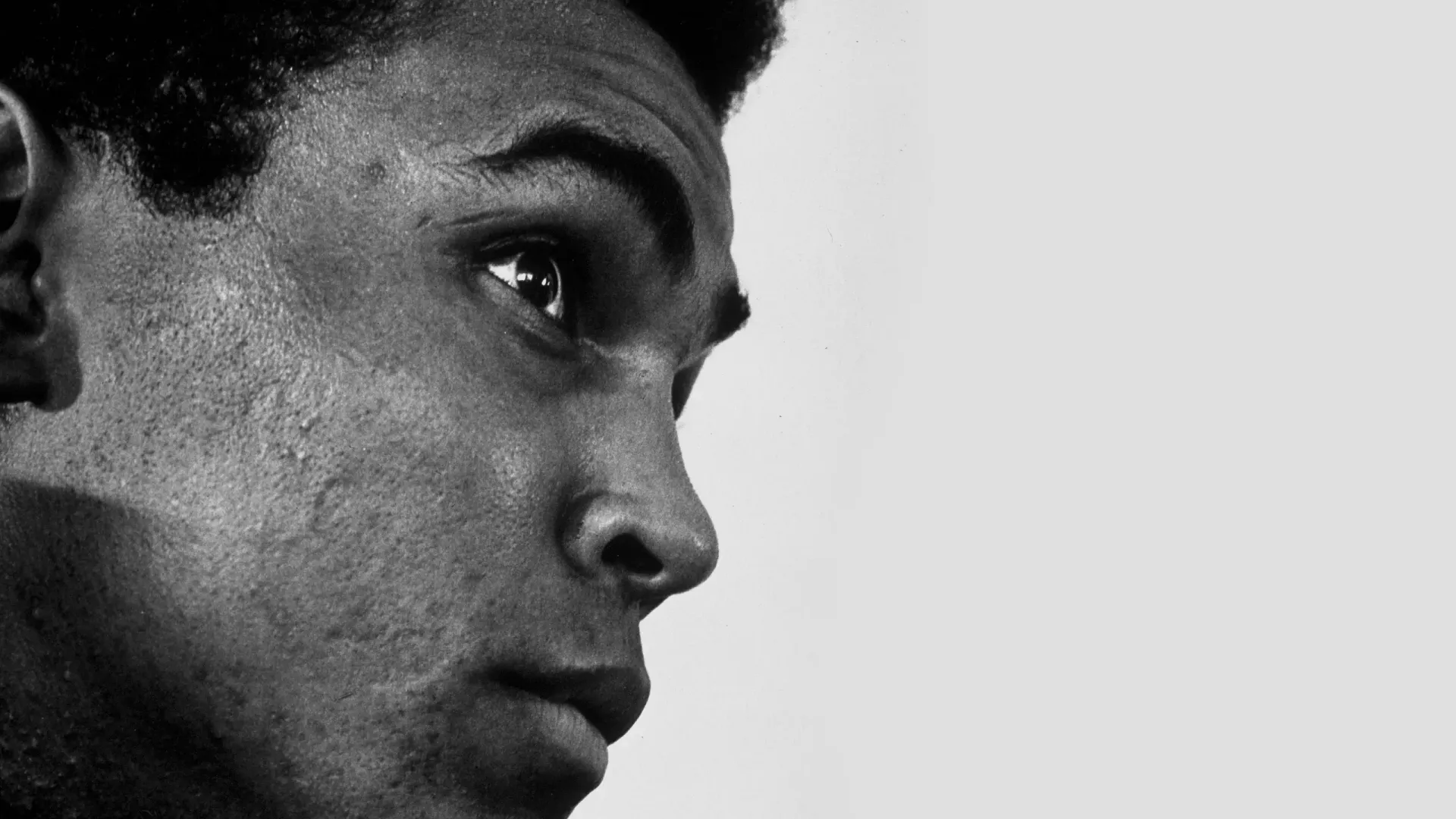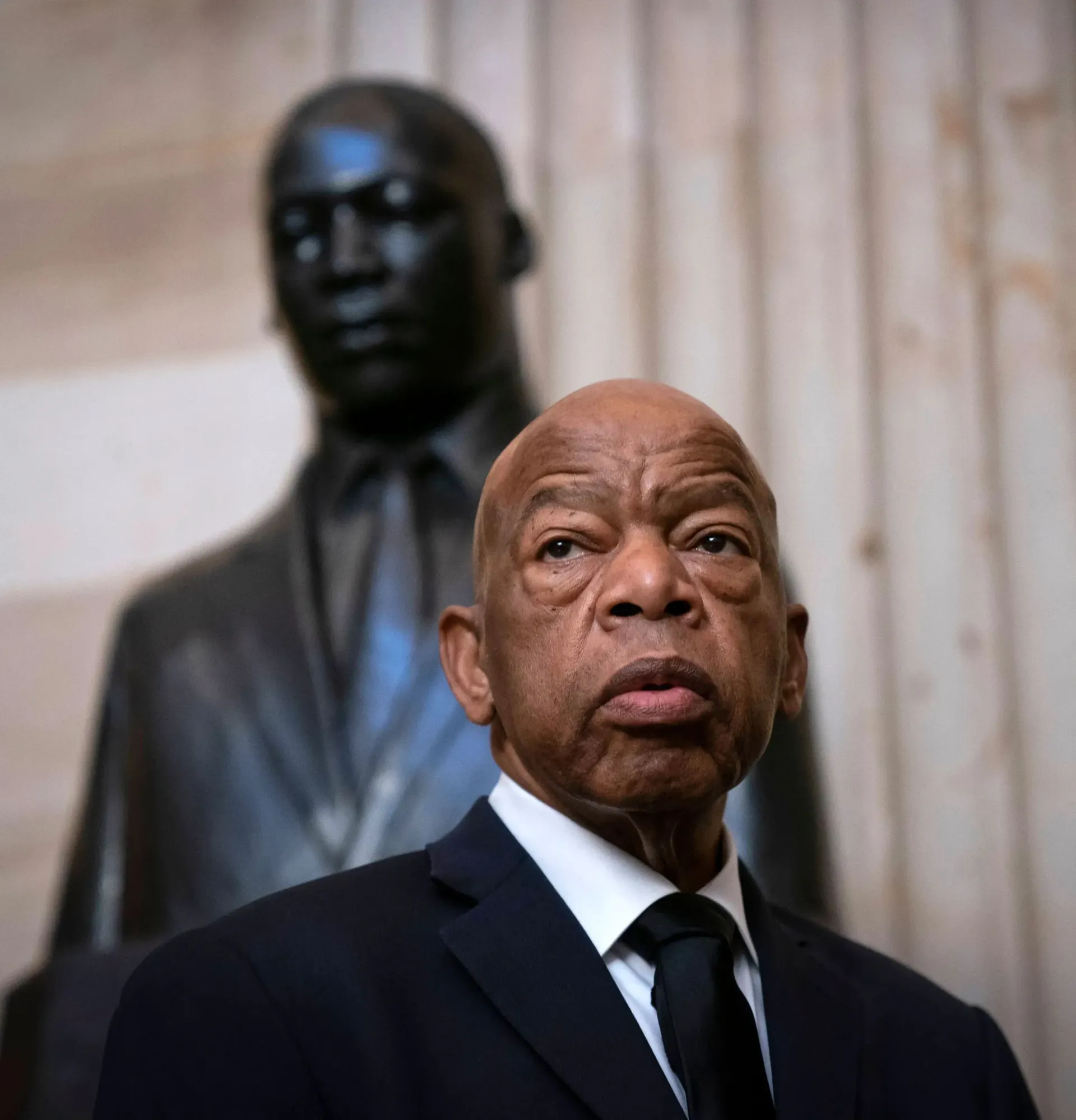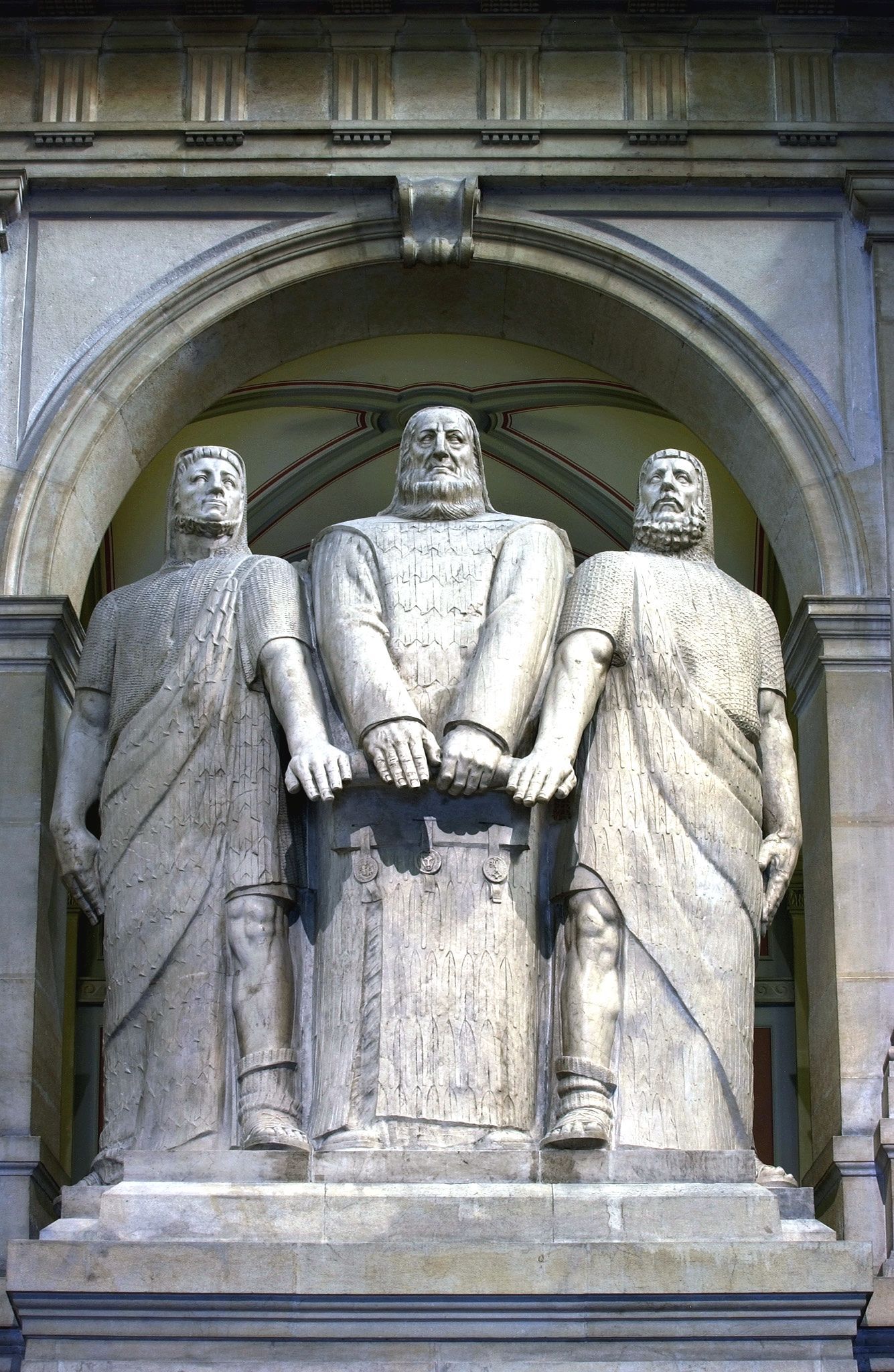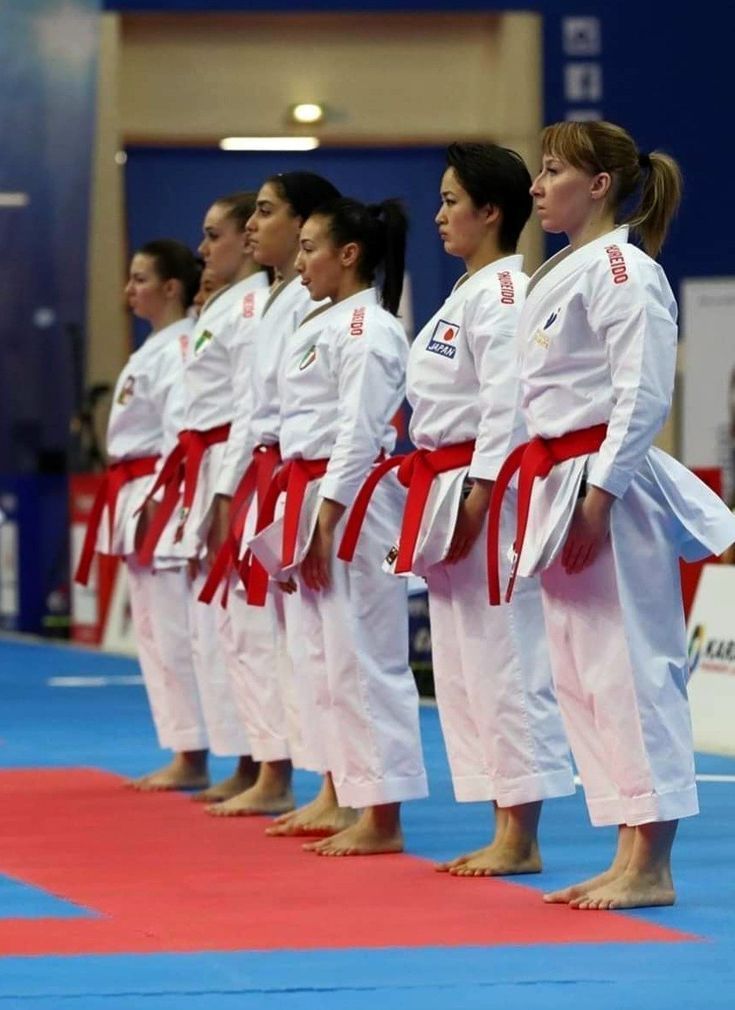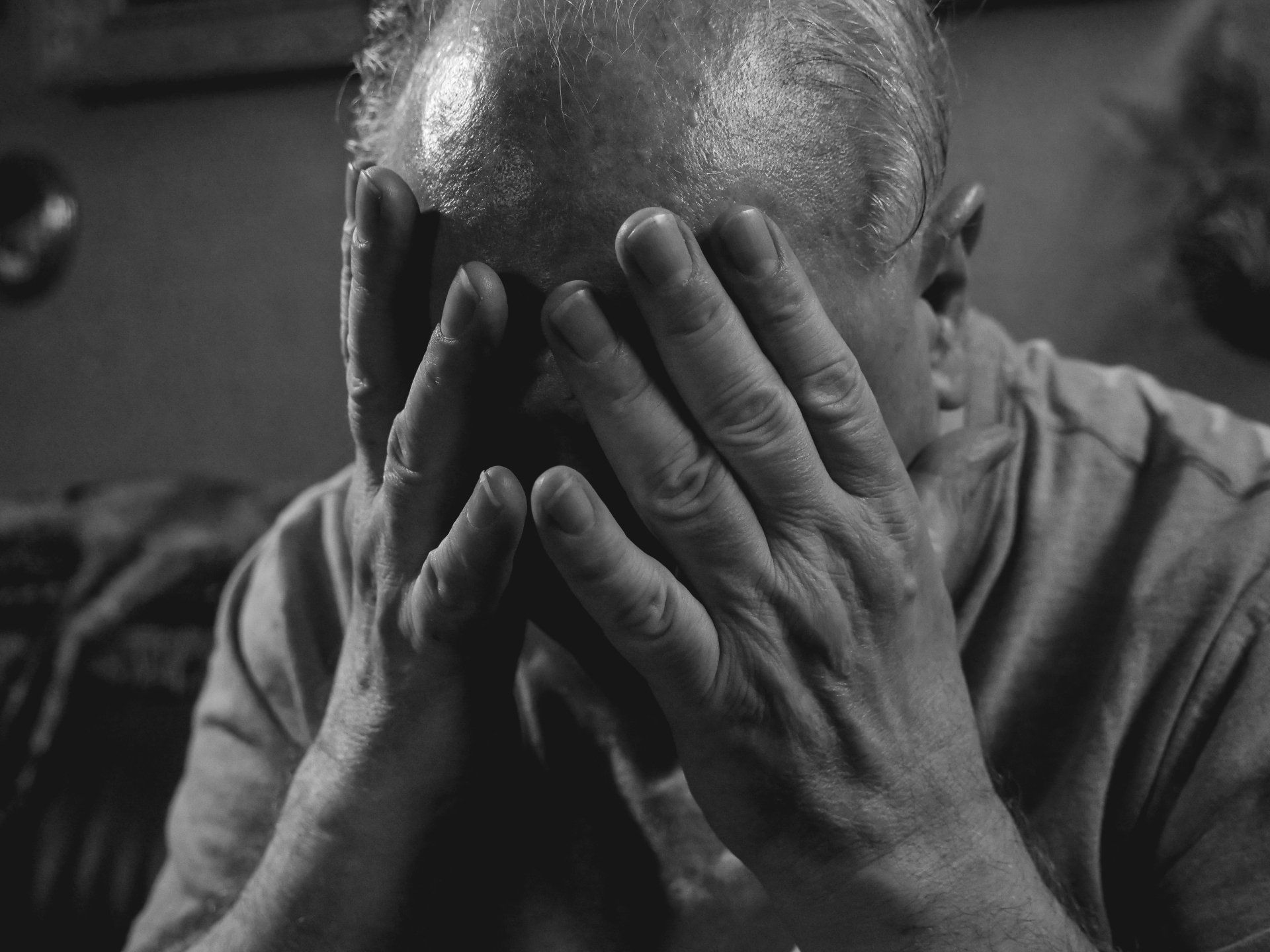The Domino Effect: How Domestic Abuse Impacts Relationships for Male Victims
Alone in a world of trauma and anguish
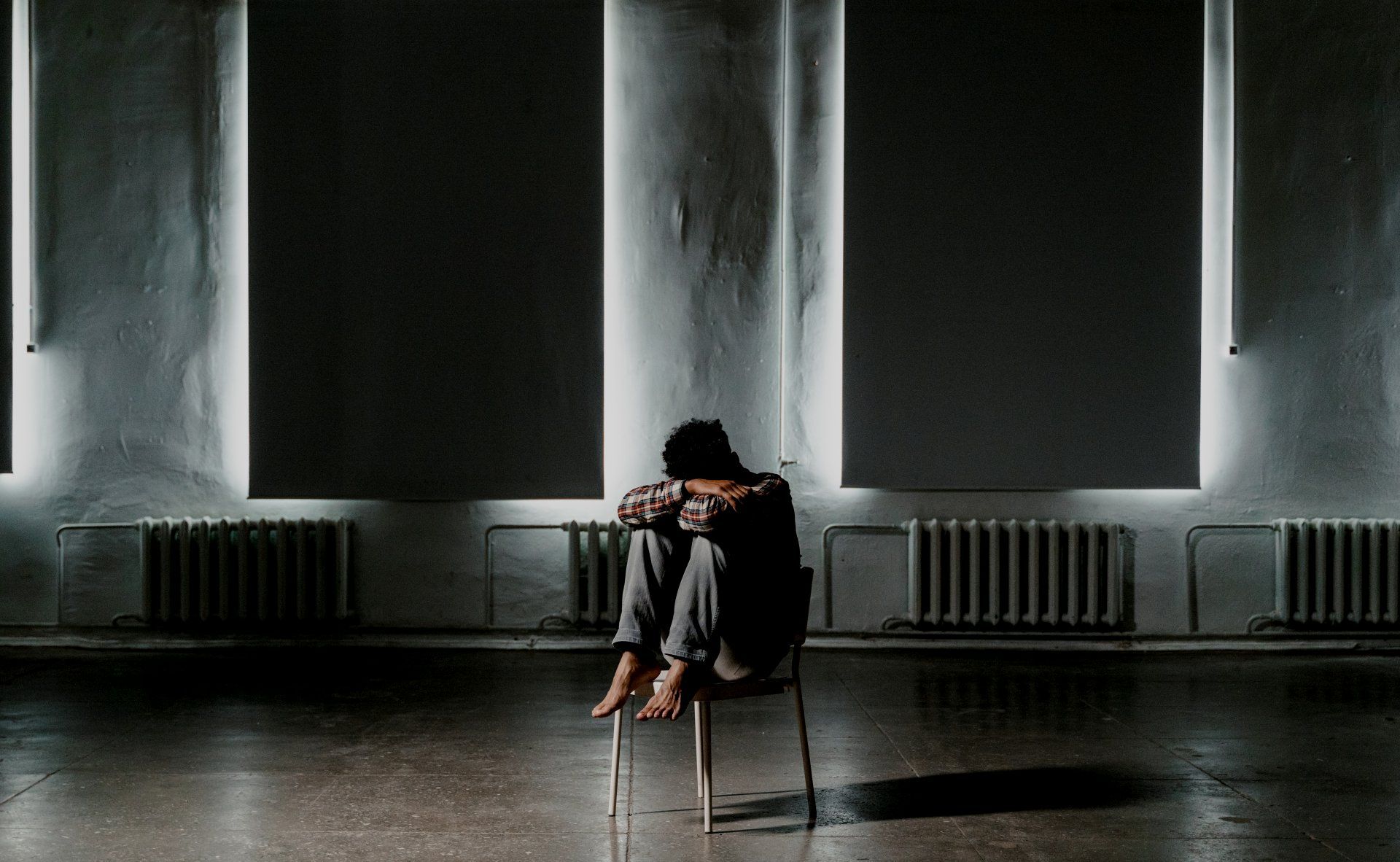
The psychological consequences of domestic abuse in men extend far beyond their individual well-being, impacting their ability to form and maintain healthy relationships with partners, family, and friends. Let's delve deeper into the potential ripple effect, exploring how these dynamics can play out in different relationships.
1. Distrust and Difficulty with Intimacy: A Wall Built by Trauma
Abuse can leave a significant scar on a man's view of love and trust. Imagine a fortress built brick by brick with every harsh word, every manipulative act, and every violation of trust. This fortress, constructed for self-protection, becomes a barrier to genuine intimacy.
Victims may struggle to trust their partner again, constantly hypervigilant for signs of betrayal or manipulation. They may become emotionally guarded, hesitant to share their hopes, fears, and vulnerabilities. This lack of emotional transparency hinders the development of genuine intimacy and deep connection within the relationship. Imagine trying to build a bridge to another person when you're afraid to leave the safety of your self-constructed fortress.
The cycle of abuse can also create what's known as "trauma bonding." This unhealthy attachment is formed when a victim becomes dependent on their abuser for their basic needs, even emotional ones. Imagine feeling so dependent on someone who hurts you, creating a confusing mix of fear and attachment. This dynamic makes it difficult for the victim to trust another person entirely, leading to difficulties with intimacy in future relationships.
2. Difficulties Expressing Emotions: Bottled Up and Unable to Flow
The emotional manipulation tactics often employed by abusers can create a fear of expressing emotions openly. Imagine being constantly criticized, belittled, or ridiculed every time you show vulnerability. Over time, a man may learn to shut down his emotions, bottling them up inside to avoid conflict or further abuse. This emotional suppression becomes a way of self-protection, but it comes at a cost.
This lack of emotional vocabulary hinders the victim's ability to express affection, empathy, and joy within relationships. Imagine trying to connect with someone when you can't readily share your feelings or celebrate their victories.
Furthermore, the suppressed anger and frustration can manifest in unhealthy ways. It could erupt in sudden outbursts or passive-aggressive behavior, creating emotional turbulence within the relationship. Imagine an emotional pressure cooker, constantly building pressure until it explodes in unexpected ways.
3. Self-Sabotaging Behavior: Pushing Away What You Crave
Low self-esteem and a sense of worthlessness can lead to self-sabotaging behaviors within relationships. Imagine believing you don't deserve good things, leading you to subconsciously push those good things away.
This might manifest as picking fights with a partner for no reason, creating distance through unnecessary criticism, or constantly seeking validation from others. The victim may subconsciously recreate the power dynamic of the abusive relationship, pushing away the partner who genuinely cares for them.
This behavior can also involve a fear of commitment. Imagine seeing healthy relationships as a ticking time bomb, waiting for the inevitable betrayal or hurt. This fear can lead the victim to avoid getting close to anyone for fear of being hurt again.
4. Impact on Parent-Child Relationships: A Toxic Environment with Far-Reaching Consequences
Men experiencing abuse may find it challenging to fulfill their role as fathers. The emotional turmoil and stress can affect their patience, making it difficult to connect with their children. Imagine a father constantly on edge, unable to emotionally engage with his children due to the weight of the abuse he's experiencing.
Furthermore, if the abuse occurs in the home, children are exposed to a toxic environment, impacting their emotional and psychological well-being. Imagine growing up in a home filled with tension, yelling, and fear. This can lead to feelings of anxiety, insecurity, and confusion in the children.
In some cases, the children may even witness or become victims of the abuse themselves. Imagine a child witnessing their father being physically or verbally assaulted - a traumatic experience that can have lasting consequences on their sense of security and trust in the world.
5. Strained Family Ties: Isolation Amplified by Fear and Shame
The isolation and secrecy surrounding domestic violence can cause a strain on relationships with family members. Victims may be reluctant to confide in their families due to fear of judgment, shame, or a desire to protect their partner. Imagine struggling to find the courage to tell your family about the abuse you're experiencing, fearing their disappointment or disbelief.
This disconnection can create a support deficiency during a critical time. Imagine feeling alone and isolated, unable to turn to your family for the love and support you desperately need. The lack of a support system can further exacerbate the emotional and psychological turmoil the victim is experiencing.
In some cases, abusive partners may actively isolate their victims from their families. Imagine being subtly discouraged from attending family gatherings, having phone calls monitored, or being criticized for wanting to spend time with loved ones. These tactics create a sense of dependence on the abuser and further isolate the victim from their support system.
This isolation not only affects the victim's immediate well-being, but it can also have long-term consequences for family relationships. Imagine years of missed birthdays, holidays, and simply spending quality time with family. This can lead to feelings of resentment, anger, and a sense of distance between the victim and their loved ones.
6. Difficulties with Friendships: Withdrawn and Unable to Connect
The emotional toll of abuse can make it difficult to maintain friendships. Victims may withdraw socially due to a lack of energy, difficulty confiding in others, or fearing judgment. Imagine constantly feeling drained and exhausted, unable to muster the energy to socialize with friends.
Additionally, abusive partners may control whom their victims see, further isolating them from their support network. Imagine being restricted from going out with friends, having your phone calls monitored, or being constantly criticized for your social life. These tactics erode the victim's sense of self and limit their ability to form healthy connections.
Furthermore, the victim's changed behavior may unintentionally push friends away. Imagine a friend who used to be outgoing and social suddenly becoming withdrawn and secretive. Friends may not understand the underlying cause of this change and may become discouraged and frustrated, leading to a breakdown in the friendship.
7. Challenges in Forming New Relationships: A Past that Casts a Long Shadow
Male victims may have a distorted view of relationships based on their experiences with abuse. Imagine forming an internal narrative that all relationships are inherently abusive or manipulative. This distorted view can lead them to subconsciously seek out partners who exhibit similar controlling behaviors, perpetuating the cycle of abuse.
Alternatively, they may avoid intimacy altogether, fearing further emotional pain. Imagine being so afraid of getting hurt again that you shut yourself off from the possibility of love and connection altogether.
This fear can also manifest as hypervigilance in new relationships. Imagine constantly looking for signs of abuse, misinterpreting normal behavior as a precursor to manipulation. This behavior can be off-putting to potential partners and create unnecessary tension within the relationship.
However, with therapy, support groups, and a strong support system, male victims can learn to heal and rewrite their internal narrative. Imagine slowly letting go of the fear and negativity associated with past relationships and opening yourself up to the possibility of healthy, fulfilling connections in the future.
